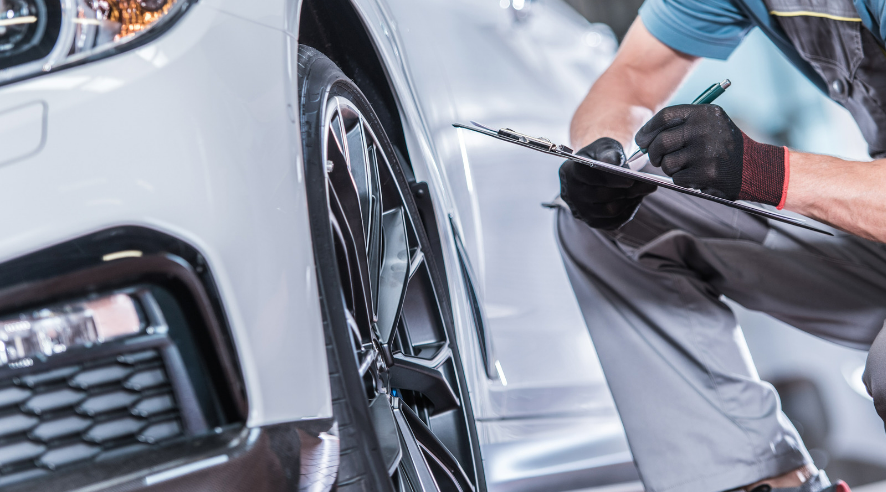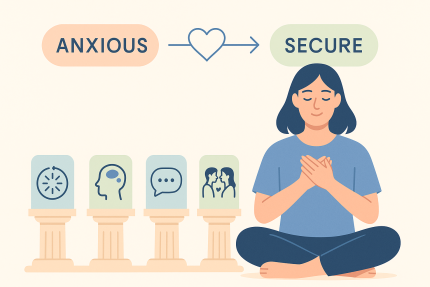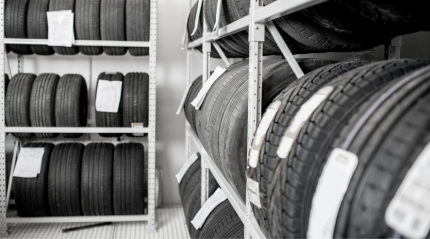The Ultimate Guide to Buying Used Cars: Tips, Tricks, and Warnings
- 30 November 2022

Buying a used car can be a daunting task, but with the right information and strategy, it can save you thousands of dollars. However, there are many pitfalls that one can fall into when purchasing a pre-owned vehicle. In this article, we will explore the dos and don'ts of buying used cars, including tips, tricks, and warnings.
Do Your Research
The first and most important step in buying a used car is research. You need to know what you are looking for and what you can afford. You should start by setting a budget and then researching the make and model of the car that you want. This will help you narrow down your choices and find the best deals.
When researching used cars, it's important to consider your needs and budget. Look for a car that is reliable, safe, and fuel-efficient, but also fits your lifestyle. For example, if you have a family, you might need a car with enough seating and storage space. Once you have a few models in mind, you can start comparing prices and features.
One useful tool for researching used cars is online classified ads. Sites like Craigslist and Autotrader allow you to search for cars in your area and filter by make, model, and price. You can also find reviews and ratings from other buyers, as well as information on common problems and repairs.
Another way to research used cars is to talk to friends and family who have recently bought or sold a car. They can give you advice on what to look for and what to avoid, and may even know of someone selling a car that meets your needs.
Inspect the Car
Before buying a used car, you need to inspect it thoroughly. Look for signs of wear and tear, rust, dents, and scratches. Check the car's tires, brakes, and suspension. Make sure that the engine runs smoothly and that there are no leaks. You can also take the car for a test drive to see how it handles on the road.
When inspecting a used car, it's important to be thorough and systematic. Start with the exterior, checking for any damage, rust, or signs of a previous accident. Look at the tires and wheels, making sure they are in good condition and properly inflated.
Next, move on to the interior. Check the seats, carpets, and dashboard for wear and tear, and make sure all the buttons and knobs work properly. Look for any signs of water damage or mildew, which can indicate a leaky roof or windows.
Under the hood, check the oil, coolant, and brake fluid levels, and make sure there are no leaks or other problems. You can also check the battery, alternator, and other components to make sure they are functioning properly.
Finally, take the car for a test drive to see how it handles on the road. Make sure the brakes, steering, and suspension are working well, and listen for any unusual sounds or vibrations.
Check the Car's History
One of the most important things to do when buying a used car is to check its history. You can do this by getting a vehicle history report, which will show you the car's ownership history, accident history, and other important details. You can also check the car's maintenance records to see if it has been well-maintained.
When checking a used car's history, the most important thing is to get a vehicle history report. These reports, which can be purchased from companies like Carfax or AutoCheck, provide a detailed record of the car's ownership history, accident history, and other important details.
You should also ask the seller for the car's maintenance records, which will show whether it has been serviced regularly and whether any major repairs have been made. If the seller cannot provide these records, it may be a red flag that the car has not been well-maintained.
Negotiate the Price
Once you have found a car that you like and have inspected it thoroughly, it's time to negotiate the price. Don't be afraid to haggle with the seller, but make sure that you are reasonable in your negotiations. You can also use the information that you have gathered in your research and inspection to leverage a better deal.
When negotiating the price of a used car, it's important to be prepared and informed. Use the information you have gathered in your research and inspection to make a reasonable offer, and be willing to walk away if the seller is not willing to negotiate.
One strategy is to offer a lower price than you are willing to pay, and then work your way up to a compromise. You can also ask the seller to throw in extras, such as a warranty or new tires, to sweeten the deal.
Buy from a Reputable Dealer
If you are buying a used car from a dealer, make sure that the dealer is reputable. Look for reviews online and ask for recommendations from friends and family. You should also check that the dealer is licensed and insured.
When buying a used car from a dealer, it's important to do your due diligence. Look for a dealer with a good reputation, and ask for recommendations from friends and family. Check that the dealer is licensed and insured, and make sure they offer a warranty or other guarantee.
You should also read the contract carefully, making sure you understand all the terms and conditions. If there is anything you are unsure about, ask for clarification before signing.
Beware of Scams
When buying a used car, there are many scams that you need to be aware of. One of the most common scams is the "curbstoning" scam, where a seller poses as a private party but is actually a dealer. You should also be wary of cars that are being sold for far below market value, as they may be stolen or have other problems.
Buying a used car can be a smart financial decision, but it requires careful research, inspection, and negotiation. By following these tips, tricks, and warnings, you can find a reliable and affordable pre-owned vehicle that will serve you well for years to come.




